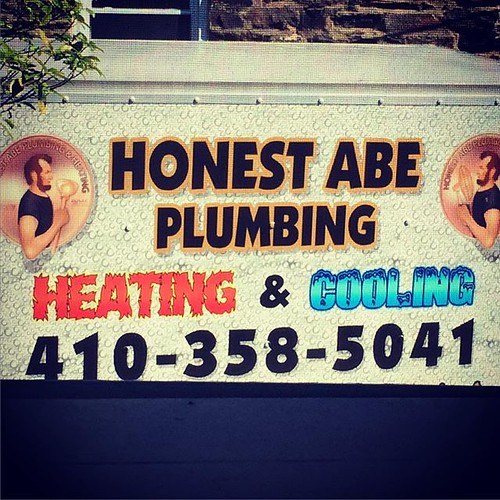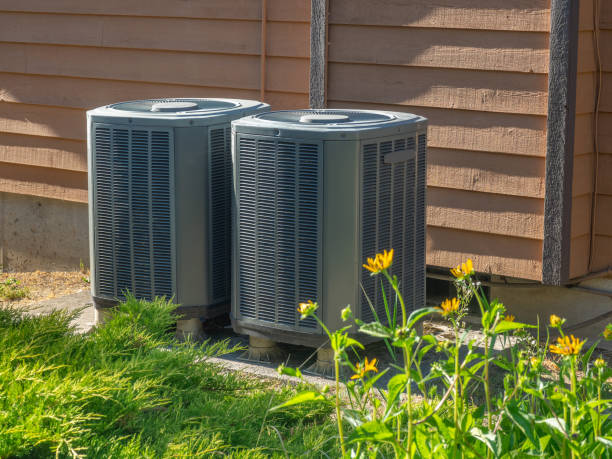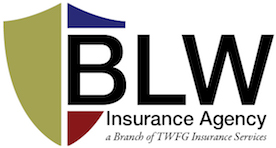California businesses employ the second-highest number of HVAC workers in the US. That’s a reflection of several characteristics of the state, including the increasingly negative impacts from wildfire smoke and soot on HVAC systems. Before you start working with any customers, however, you’ll need to cover all of the insurance requirements necessary to protect yourself, your business, and your property. HVAC business insurance in California should include general liability, property insurance, commercial auto insurance, and worker’s compensation.
1. General Liability Insurance or Business Owners Policy
General liability insurance is essential for most businesses operating in the service industry, especially HVAC companies. This common insurance protects you against claims where your business would be considered at fault. Specifically, GI will protect your business against:
- Bodily injury claims
- Property damage claims
- Advertising injury claims (such as false advertisement)
Any business that works directly with customers in a physical way needs to have general liability coverage. Whether you have a physical shop or you’re working within clients’ homes or offices, GI will mitigate these risks should claims arise.
2. Property Insurance
Protect your valuable business equipment from risks such as theft or fire damage through a property insurance policy. Unlike a general liability insurance policy, which protects you against claims made against your business, the business property insurance policy gives you compensation if someone commits an injury to your property, or if your property is lost or damaged in an event named within and covered by the policy.
3. Business Owner’s Policy (Optional)
Instead of purchasing general liability and property insurance separately, you may want to consider a business owner’s policy (BOP). The BOP is a comprehensive insurance package for businesses that combines liability and property protection needs into a single package. Many BOP policies reduce your premium costs versus obtaining general liability and property insurance separately.
4. Commercial Auto (or Comprehensive Personal Auto Insurance)
Whether you’re using a cargo truck, van, or trailer attached to another vehicle, your mode of transportation is the backbone for your HVAC company. Depending on how your business is structured, you may need to protect your investment using a commercial auto insurance policy.
 Consider the following factors:
Consider the following factors:
- How you use your vehicle (e.g., are you just commuting, or using your for work-related activities with customers?)
- The vehicle class (is the vehicle a van, or a heavy-duty truck that requires a different weight classification?)
- Cost of coverage (are the vehicle and its contents more valuable than a typical personal auto insurance policy will cover?)
- Vehicle registration (for example, is the vehicle registered under an LLC, or a sole proprietorship?)
You’ll need to obtain a commercial auto insurance policy if:
- You travel to work sites with your vehicle
- Your vehicle is registered under an official business (such as an LLC)
- The vehicle requires a higher liability limit due to how it’s used and what it contains, or
- The vehicle is within a heavier weight class than a common truck or passenger vehicle
Note that your likely need a commercial auto insurance policy would be required if you meet any one of these conditions.
That said, it’s possible to get by with a personal auto insurance policy. An HVAC business owner with a sole proprietorship might be able to use a personal auto insurance policy. But that will only work if you use the vehicle for commuting or going to work sites on rare occasions. Anything beyond that and your business liability limits would exceed what’s reasonably available through a personal auto insurance policy.
5. Workers’ Compensation
Once you begin hiring, you’ll likely need to obtain workers’ compensation insurance for each employee you hire. Hiring workers as independent contractors might eliminate this requirement, but only if you can provide adequate documentation that proves that the hired individuals are not improperly classified as 1099 workers.
A failure to purchase workers’ compensation can carry large fines and potential jail time for the business owner.
The amount you pay for workers’ compensation insurance will depend on several criteria, including a state-determined rate per $100 of payroll. For 2021, the premium rate for HVAC businesses that install or repair equipment in California is $5.26 per $100 of payroll.
Not sure where to get started with your HVAC insurance needs? Contact us today at 650-873-1255 to learn more about general liability, property insurance, commercial auto insurance, and workers’ compensation coverage requirements for your business.


